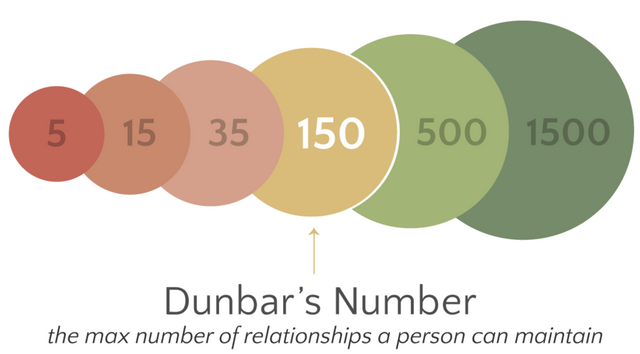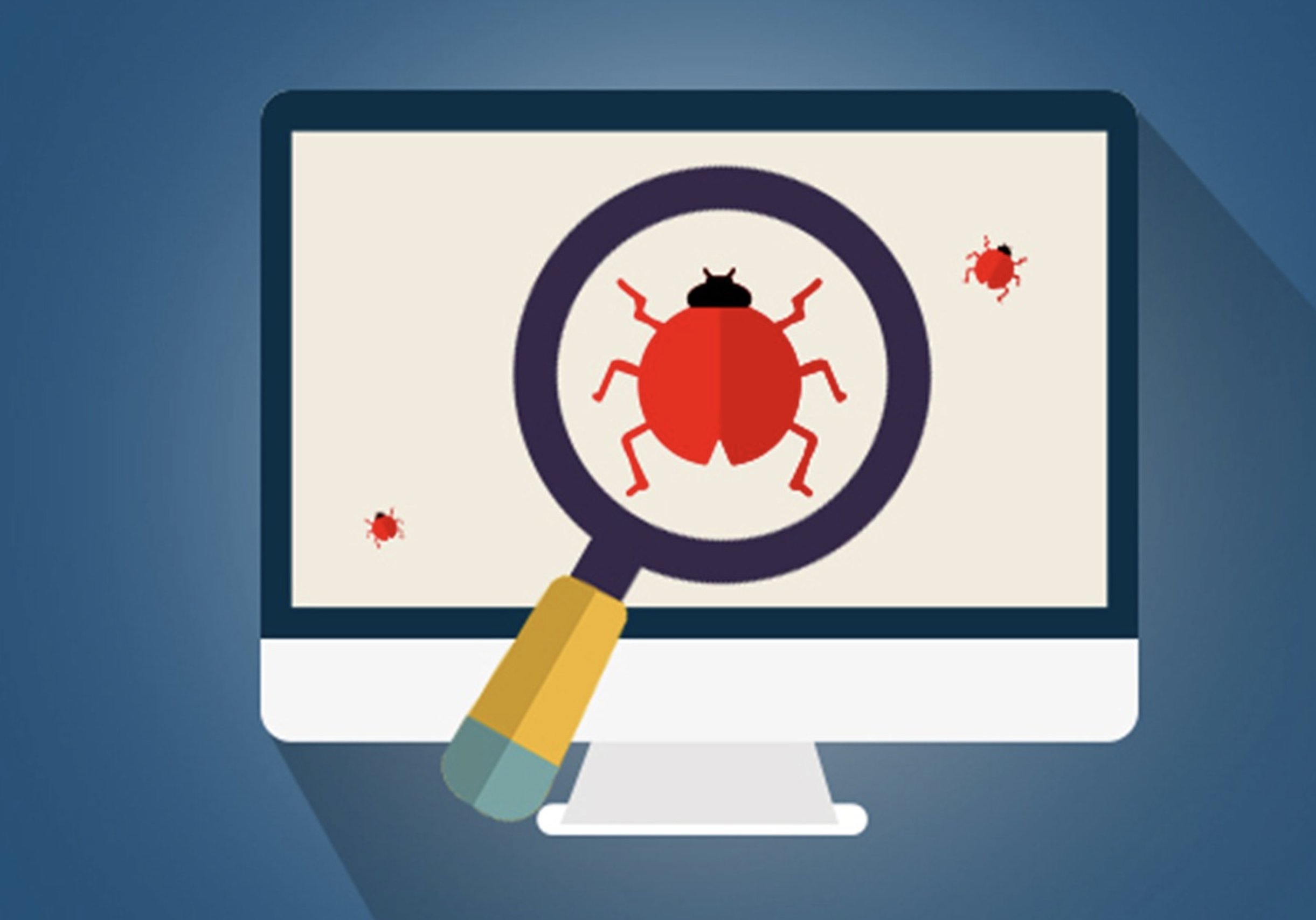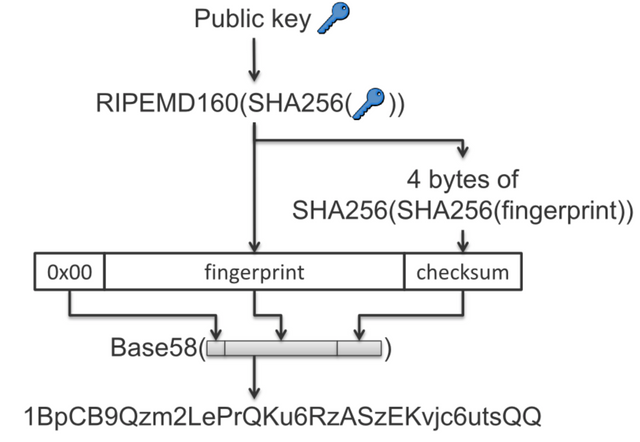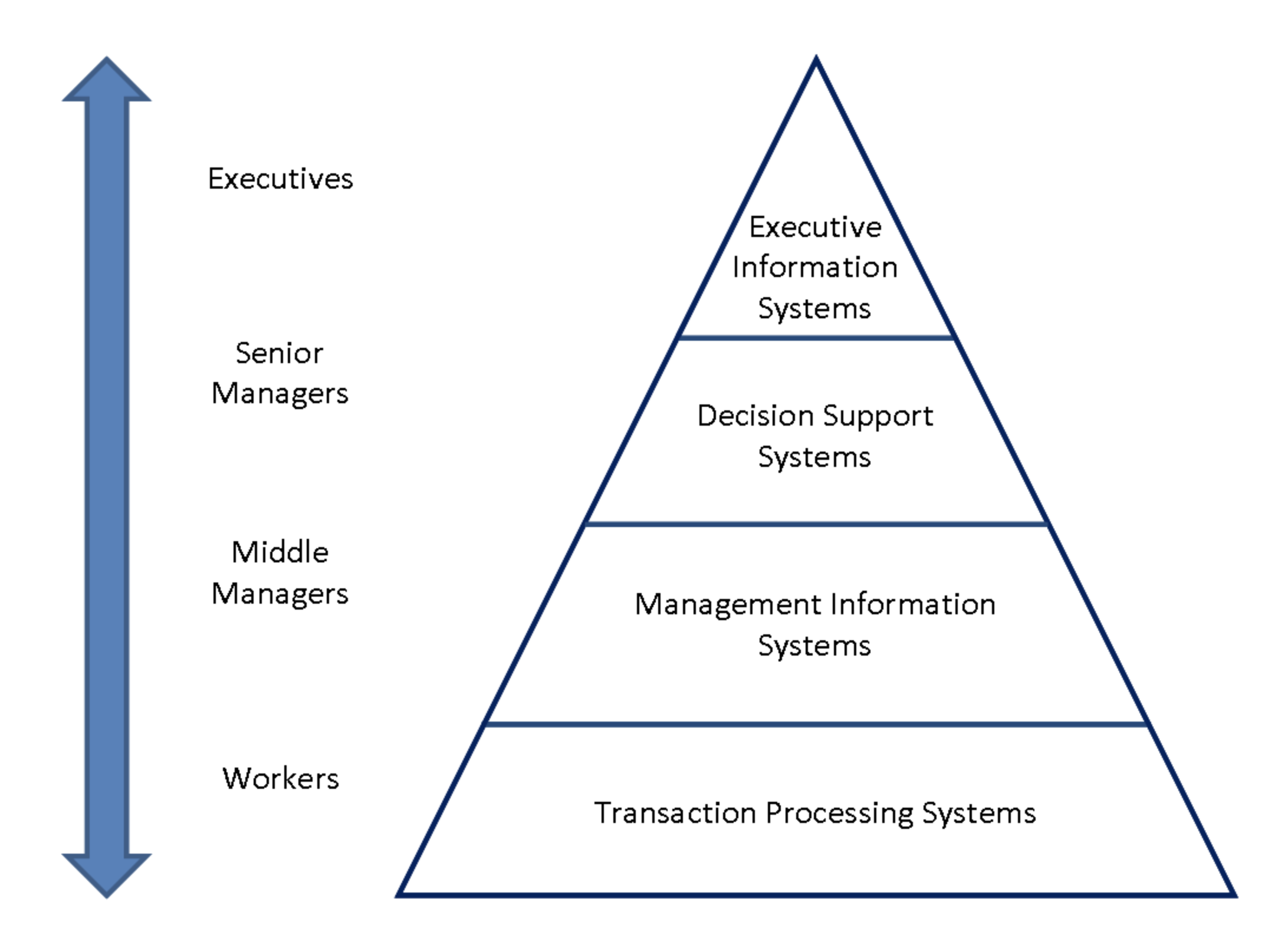Anarchitecturing Politically Decentric Systems: The Deconstitution of a more perfect Decentralization
Is it possible to write software that can be released open source on the internet that will make political corruption impossible or at least very difficult to accomplish? Believe it or not, the bitcoin white paper is the prototype. It is a specific use case that introduces fairness in currency exchanges by elimination of authority driven decision making consensus rules. How might one extrapolate the principles of bitcoin software architecture to achieve trust-less politics?
Of course the word “trust-less” as applied sounds awful because it implies that trust is lacking. But what I mean by this is that trust is not necessary. If one removes the authority that makes a decision and shifts that responsibility back to the individual, then there can be no misrepresentation. Of course, authority cannot be willingly removed, or can they?
Representativeless Politics
One might ask, “Why do we need representatives?” This issue is closely related to the Dunbar number. Below this number, one can simply present themselves, but above this number the use of stratification was necessary to maintain cooperation, so representatives were elected to maintain this second layer of function. The problem comes when representatives cannot represent, but just present themselves without consideration for anyone else.
In software development, there’s something known as scope that applies to procedures, variables, classes and types, etc. Sometimes you want a certain variable visible only to a given procedure, sometimes to a class, sub classes or a unit. The larger the scope of a variable, the greater the potential that variable has for introducing bugs. It’s as if currently we have a unit called senate.pas with the following global variables with a forward declaration to the governance of a very powerful class structure…

Of course you wouldn’t want to write terrible code like this. Better is to create a class such as TGovObject with limited scope...

Then at the end you create properties presumably an array because there can be more than one senator…
property Senator[index: Integer]: TGovObject read GetSenator write SetSenator;
But what I've just shown you is centralized development. All that power is sitting in that Senator instance. If all those senator instances reside on one machine to do calculations, they can get hacked and compromised. This is what happens when you aggregate wealth, power, etc in one place.
Distributed systems are quite different because instead of giving that power and authority all to one person or one machine, all that computation power is sent back to each individual participant. Of course, some individuals would not be capable of executing all the functions that say a president can. So what do you do? Downsize.
Right now we have government overreach which is like a global variable that can modify all the internal values of other variables such as "citizen" that have limited scope. This is why our political system has bugs. The rules that might apply locally, should not necessarily be applied globally.
Satoshi Nakamoto made it possible to achieve consensus without any central class or object instance with an algorithm called "proof of work". In the past we had to trust representatives to accurately represent our wishes, but now it's possible to generate consensus without the use of central authority. How is this done? How do we know that any keyboard input we send will not be modified to express something else once it's on another node?
This is where SHA256 comes in. The SHA part stands for "Secure Hash Algorithm" and 256 is 256 bits. SHA has the property of looking random on the surface but is completely deterministic. If you have an input, it will always give the same output. However, you can't guess what that output will be without randomly checking numbers and hoping that it matches. This is why special processors known as ASIC's capable of billions of calculations per second iterate through the output to check for accuracy. If one node fakes it, then another will see the same distributed packet and say it's not correct and claim the reward instead. It's similar to the one that generates a bitcoin public address...
While this is currently applied to bitcoin transactions, the general use case can be extended to include all such agreements such as legal agreements, deeds, etc. You just replace the public key in the above input with any number of contract variables. The result would be a string that you can check against just like the above bitcoin address. Any modification of the hash would indicate modification of the agreement and would be nullified when compared to the original signatures. This completely wipes out the possibility of cheating on this level.
Then the redundancy of the network which copies all the hashes of the other nodes makes it impossible to overwrite the history of what happened. This is the difference between a completely flat system and one that is hierarchical.
Hierarchical Systems Create Parasitic Conditions
The problem with hierarchical systems is that information is lost when traveling up the pyramid. It's impossible for the president (for instance) to know every single thing that is going on at the lowest levels of the pyramid. This introduces opportunity for corruption. Black budgets can exist more freely in such a system that has no accounting mechanism. This lack of knowing is a property that favors those at the top of the pyramid which generates rent seeking and other parasitic behaviors. The bitcoin blockchain however is open and transparent which creates an accountability problem for authority who might want to hide such activity.
A Borderless Protocol Supersedes Jurisdictional Powers
Authority has done something that is inconsistent with what it wants. It wants both technology and control, but the nature of the internet promotes conditions that cause loss of control. To the extent that smart contracts and DAO's exist on the internet, national regulations will lose some applicability. Of course this doesn't guarantee that those within the borders of a given nation won't be subject to violence, but the transnational nature of these data structures makes it impossible to nullify the contract itself without shutting down the internet.
This is what a decentralized political system might look like...
Donations (public bitcoin address):

3FwxQsa7gmQ7c1GXJyvDTqmT6CM3mMEgcv







great post. Our national states will become more and more obsolete due to blockchain applications. Future governance will have to be decentralised and borderless.
I was thinking for sometime about how to transition from internet technologies and protocols to the physical world. Can we build self validating and trust-less protocols offline?
So far I think that capitalism is one example of such a system. It is fully decentralised and self-regulating. Democracy without representatives might be another?
This post has received gratitude of 4.59 % from @appreciator thanks to: @zoidsoft.